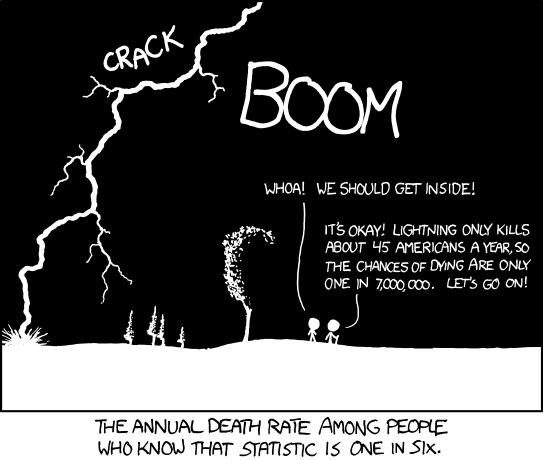 |
| This is your brain on Sudafed |
In yesterday's New York Times was an op-ed discussing the restriction of drugs with pseudoephedrine, which is one of the main ingredients of methamphetamine. After years of being available over the counter, then low levels of restriction implemented requiring purchasers to show an ID, the author believes Sudafed and other such drugs should only be available with a prescription.
Certainly he's right in saying that requiring prescriptions would cut down on meth creation. But it may be enlightening to examine the costs and benefits to society and to individuals.
Costs
Let's start with the costs of requiring a prescription, which intuitively lies with those of us who use these drugs for, you know, our noses. Economists would try to assess the new costs with a survey asking, in one way or another, how much it's worth to you to have Sudafed available without a prescription. For me, it's the cost of my time to go to the doctor, the cost of seeing that doctor every time I get a cold (my copay, if I've got insurance), then the cost of my time to wait for the prescription to be filled, etc. Now add those up for every user of Sudafed, and we have some general understanding of the costs to individuals who use the drug. (I over-dramatically refer to this part as "freedom" because it represents my ability to pursue something that I want without external interference.)
We also have to examine the costs to insurance companies for paying for my doctor's visit, the opportunity cost of a doctor (or nurse practitioner, or whoever) who has something significantly better to do than waste time writing me a prescription for the sniffles. And add to that the opportunity cost of time for a pharmacist or technician to fill a bottle with Sudafed.
Now, if Sudafed is that hard for me to get, I'm also less likely to get it as often. So another cost of that regulation is the lost revenues to the makers of the drug, which will be much less widely used when it's more costly (even in terms of just time) to get. And distributors like CVS will see decreased revenues from selling the drug. Add that to total costs.
Benefits
Some benefits are easy to point out just from our costs. Doctors have a few more visits (though not as many visits as there are people buying Sudafed now, since we will not buy it as often), and they get paid for that. Pharmacists are required to fill more bottles, and they get paid for that as well.
The big benefit, according to the article, is that meth will be much harder to make and therefore less widely used. This benefit could be pretty huge, considering that meth is one of the most harmful drugs out there (after heroine, crack and alcohol). But we have to assume that a percentage of people who use meth in the first place will steer their abuse to some other drugs that may be more or less harmful, so we must discount those benefits based on those decisions. The benefits include health care costs, increased wages from not doing meth all the time, property damages due to hotel room explosions, and some other hard-to-measure, easy-to-exaggerate effects.
Conclusion, and proposal
With almost any restriction policy, there are winners and there are losers. Often, the losers are those in society who benefit from the proper, unrestricted use of medication/alcohol/tobacco(/christmas ornaments?). The trick is figuring out whether the freedom to use them outweighs the potential benefits of the restriction.
Could we find a less restrictive way to keep meth manufacturers from getting the drug that would allow legitimate users full access?
What if we put a big tax on the drug, then offered a rebate from the tax pool that required identification in one source? This way, the costs to me are only marginally bigger (because I have to take the time to send in for the tax), but the cost to meth manufacturers are much higher, since they wouldn't be able to get the rebate; we would also avoid the "smurfing" problem that the NYT author points to as a loophole in the current system. Certainly it's imperfect, but it does at least have the added benefit of allowing sick people to use a drug for legitimate purposes.



